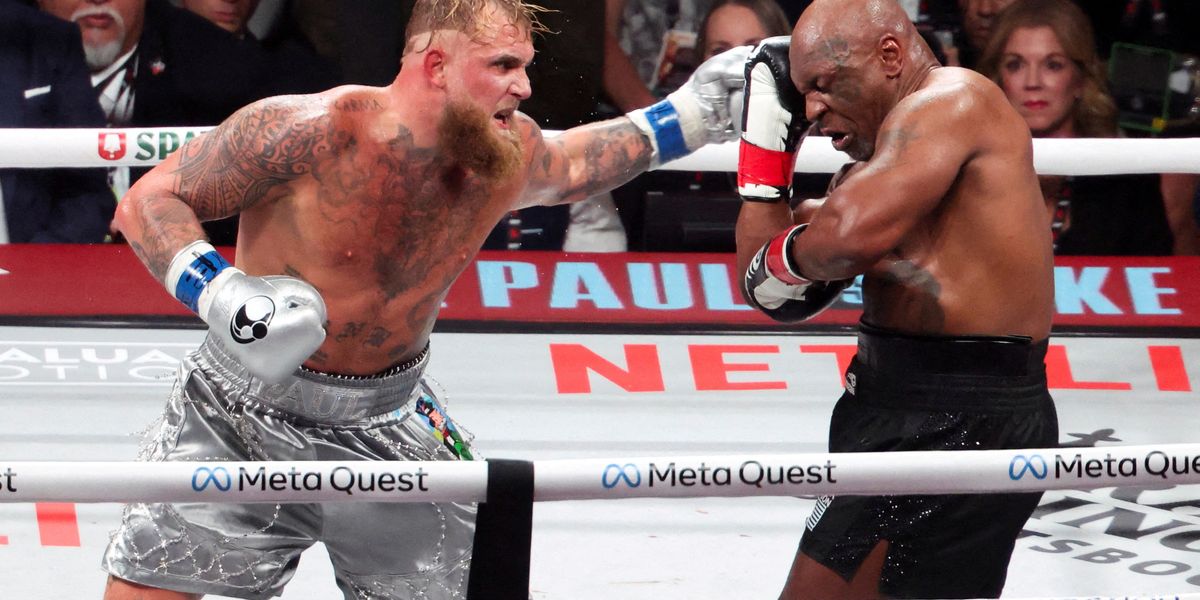Pierfrancesco Favino, who plays Maria Callas’ protective butler in Pablo Larraín’s “Maria,” doesn’t back down from a fight, on-screen or in life.
At last year’s Venice Film Festival, the Rome native erupted with the kind of volcanic indignation that Callas was known for, furious that American actors like “House of Gucci” and “Ferrari” star Adam Driver kept getting cast as iconic Italians. Those parts should have gone to Italian actors, Favino argued at a press conference — though he was quick to add he had nothing against Driver.
With “Maria,” Favino gets the kind of quietly scene-stealing role that could show Hollywood what it’s been missing. In the meditative, slightly surreal drama, he plays Ferruccio, a loyal helpmate who caters to Callas by moving her grand piano around the apartment to whatever window she thinks has the best light that day, despite suffering from a bad back. He also tries, in vain, to cut down her consumption of Quaaludes. And the part, which sees him going toe-to-toe with Angelina Jolie as the legendary diva, comes as Favino is gaining more international exposure.
In May, he was in Cannes serving on the festival jury headed by Greta Gerwig. There, he also pranced up the Montée des Marches to promote French blockbuster “The Count of Monte Cristo,” in which he portrays Italian priest Abbé Faria, who becomes a mentor to the film’s imprisoned protagonist.
In September, Favino, who often plays alpha males with a sensitive side, was on the Venice red carpet with Jolie to promote “Maria.” He drew rave reviews for his sensitively etched, slightly melancholic performance. In prepping to play Ferruccio, Favino decided to limp a bit because he wanted his character to reflect “the inner pain” of Maria, for whom “I was both a watchdog and a couch dog,” as he ironically puts it. There was a vast “difference in caste” between the two characters, he says, despite their strong bond.
The disparity was not reflected in the actors’ rapport on set. Jolie “immediately let me in without any type of diva attitude,” Favino says. And making the connection between the two icons — Callas and Jolie — was easy. After which, “just like in the film, her public persona dissipated, replaced by the affection and intimacy that we created [for the screen].”
As for his cri de coeur over the casting of Hollywood talent as Italians in big movies, Favino says he was issuing a wake-up call to his country’s entertainment industry. “What are we doing to be really visible?” he wanted to know. Italian cinema is traveling less these days, Favino laments. And if you don’t get seen, “it’s very complicated for a director to think of you.”
In his home country, Favino is nicknamed “Picchio,” which means “woodpecker” and connotes strength and perseverance in battle. With his mournful eyes and hangdog expression, Favino has captivated Italian audiences with nuanced performances that range from savage gang leader Libano in the acclaimed series “Criminal Novel” to scandal-plagued former prime minister Bettino Craxi in Gianni Amelio’s “Hammamet.”
Thanks in part to his fluent English, Favino has also long been the rare Italian actor to appear in Hollywood movies, though the roles were small.
That’s Favino playing a gold statue of Columbus in “Night at the Museum” or appearing as an inspector in “Angels & Demons” and a doctor in “World War Z.” He’d like bigger parts.
Favino may not have played the lead in “Maria,” but he relished the chance to be Callas’ butler because it’s a departure from the macho roles he tends to land in Italy.
Ferruccio “is actually closer to my real nature,” says Favino. “I am closer to those emotional colors,” he adds, and takes a beat. “Especially at a time when there is plenty of talk about toxic masculinity, I am pleased to have the opportunity to prove that not all men are like that.”

 By Variety | Created at 2024-11-27 14:37:56 | Updated at 2024-11-30 21:47:32
3 days ago
By Variety | Created at 2024-11-27 14:37:56 | Updated at 2024-11-30 21:47:32
3 days ago








